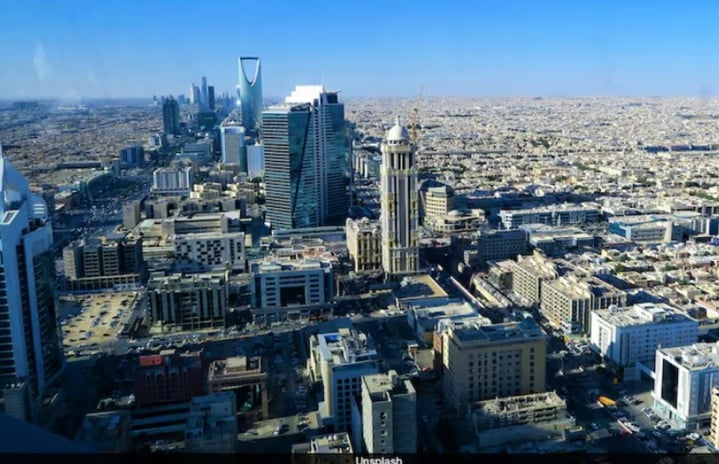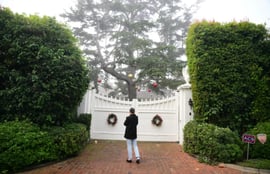The chief of a luxury developer at the heart of Saudi Arabia's plan to diversify its oil-reliant economy insisted Tuesday that the once ultra-conservative kingdom's alcohol ban would not stand in the way of tourism.
"Alcohol is not permitted in the kingdom. It's as simple as that," John Pagano told AFP during an interview on the sidelines of the Future Investment Initiative (FII) -- a major Riyadh conference aimed at drawing foreign cash to the kingdom.
"People want to be healthier. They come for the experiences. Alcohol would be nice to have, but it's not essential for the destination to succeed," Pagano said.
The birthplace of Islam and home to two of its holiest cities, Saudi Arabia had long been solely a religious destination, only issuing tourist visas starting in 2019.
Since the rise to power of Saudi Crown Prince and de facto ruler Mohammed bin Salman, the country has opened up in line with its Vision 2030 plan to diversify the economy and attract tourists and international business.
But a ban on alcohol is still in place, a measure not uncommon in Muslim countries where alcohol use is often restricted.
In January 2024, the kingdom opened its first liquor store, catering exclusively to non-Muslim diplomats.
Alcohol use is banned for everyone else. It will not be allowed at the 2034 World Cup, Saudi Ambassador to the UK Khalid bin Bandar bin Sultan al Saud told British broadcaster LBC in February.
"More than half of our guests are international arrivals — something I expected later, but it's happening much sooner," Pagano told AFP.
The kingdom has pumped billions of dollars into giga-projects mostly geared towards entertainment, tourism, sports and even artificial intelligence.
"The Public Investment Fund has committed $800 billion to tourism between now and 2030. The country is getting ready — the Expo will be the appetizer and the World Cup the main course," he added, referring to the 2030 World Expo and the 2034 World Cup, both to be held in Saudi Arabia.
Red Sea Global aims to open 27 hotels and resorts on Saudi Arabia's west coast -- ten of which are already operational.
"By the middle of next year, all 27 hotels and resorts will be fully open," he said, adding he was betting on revenue from pilgrims performing the annual Hajj journey to Mecca, a few hours from the Red Sea.
"Pilgrims come once in their lifetime. They come to Saudi Arabia for Hajj, and we plan to tap into that market," Pagano said.
© Agence France-Presse




